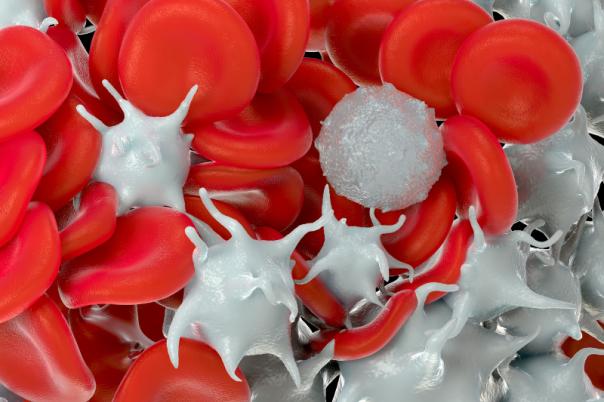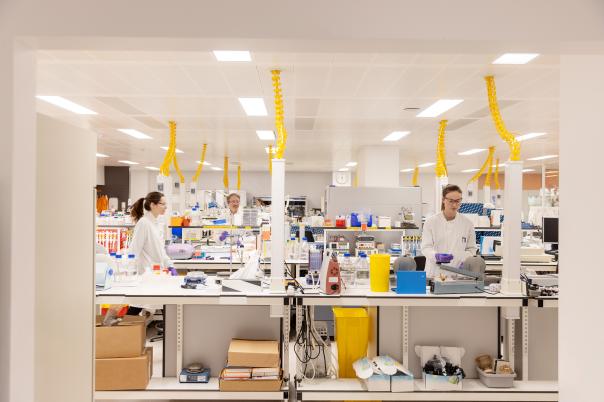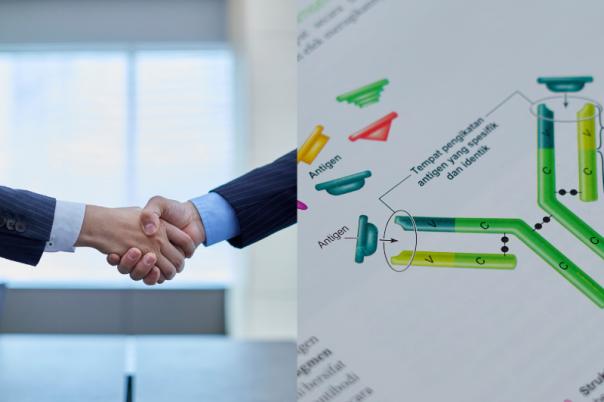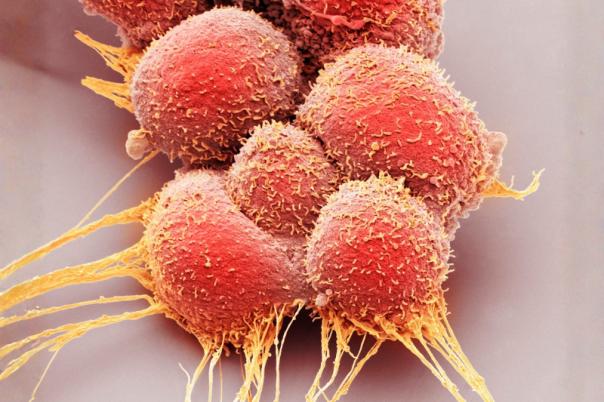Last month, UK Chancellor of the Exchequer Rachel Reeves headed to Washington D.C. for talks with the US Treasury Secretary Scott Bessant. On the agenda was Reeves’s steadfast commitment to boost economic growth in the UK, with the country’s pharmaceutical industry being one of the key sectors she sought to make this happen for.
Pharmaceuticals have been a critical cog in the government’s growth plan from the start, with investment in infrastructure seeking to prop up the industry. Among these pledges is the delivery of East-West Rail, a project to adjoin once more the pharma-producing hubs of Oxford and Cambridge via railway – two corners of the so-called ‘golden triangle’ of life-sciences.
President Donald Trump’s 10% tariff on all UK imports to the US, announced on April 2, have certainly caused gentle disquiet for the Treasury’s plans. Pharmaceuticals, worth £7bn, are the UK's second-largest export to the US after cars, which account for £8bn. However, on April 18, Guardian sources said that a draft trade deal British officials were to present to their US counterparts did not contain any carve-outs for pharma.
This is after the Trump Administration initiated a section 232 ‘national security’ investigation into pharmaceutical imports. The President has signalled that the outcome of this investigation will result in broad-stroke tariffs for the sector, much like he did with the 25% duty on cars announced on April 2.
With these additional tariffs looming, Reeves then told POLITICO the following: “We’re very willing to do what we can on the U.K. side to make it easier for U.S. businesses to sell their goods in the U.K. in the way that we are also keen to make it easier for British businesses, including in automotives, in pharmaceuticals, a whole range of areas, to be able to export more to the U.S.”
On April 29, White House Press Secretary Karoline Leavitt told reporters: "As for the trade talks, I understand they are moving in a very positive way with the UK. […] I don't want to get ahead of the president or our trade team in how those negotiations are going, but I have heard they have been very positive and productive with the UK.”
She went on to speak of the “camaraderie” and “mutual respect” between leaders on both sides of the Atlantic. This perhaps adds a layer of optimism for the two countries’ ongoing ‘special relationship’ in spite of global economic uncertainty.
It was that same day (April 29), that British pharma giant AstraZeneca announced that it had begun moving some of its European operations to the US, ahead of Trump’s possible blanket tariffs. "Our company is firmly committed to investing and growing in the US," said AZ Chief Executive Officer Pascal Soriot in an earnings statement.
He continued: “Additionally, we have even greater US investment in manufacturing and R&D planned, leveraging our two large R&D sites in Gaithersburg MD and Cambridge MA.”
In a call with investors, Soriot stressed that the shift to the US would ensure the impact of levies on European production would be minimal.
Back in Westminster, a group of Oxfordshire Liberal Democrat MPs have written to the Health Secretary Wes Streeting in an effort to protect the pharmaceutical industry in their constituencies. Olly Glover, Layla Moran, Calum Miller, Charlie Maynard, and Freddie van Mierlo all warned of the “damage” that Trumps tariffs would cause to the economy of the county.
"Pharmaceutical industry jobs are especially important here in Oxfordshire, with Milton Park in my constituency being a crucial hub for pharmaceutical innovation. […] It is vital that they are protected," said Glover, Liberal Democrat MP for Didcot and Wantage.
In the last week, tariff tensions for pharma have risen, with Trump signalling a “tariff wall” for pharmaceutical companies on April 30. Yesterday (May 5), he signed an executive order which aimed to strengthen the US pharmaceutical supply chain by reducing regulatory barriers and expediting domestic manufacturing processes. As he signed the order, he told reporters that we could expect details of his pharma tariffs “in the next two weeks.”
The UK’s pharmaceutical industry could have a bumpy road ahead. Although there is an apparent closeness between Westminster and Washington, it still remains to be seen if Reeves can achieve the vital growth she seeks in the pharmaceutical sector with the threat of tariffs looming.








